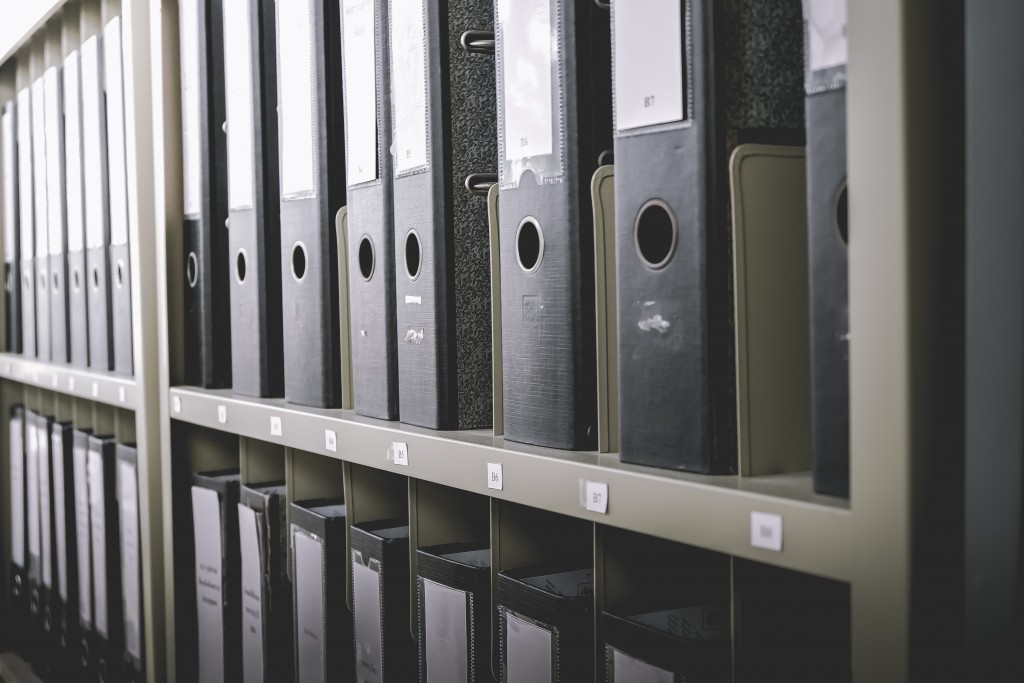Medical records are crucial not only for your health but also for your finances. They’re important to ensure optimum continuity of care. Even if you move to a different state or country, any doctor can know your medical history. They’re also vital if you’re applying for disability claims because they’re one of the ways to prove your case.
If you need some organizational help, here are four tips to keep your documents:
Be Proactive
It doesn’t matter if it’s a routine checkup or an MRI, ask for a copy of the results. If you’re in therapy or any other kind of treatment that requires continuous appointments, make sure to ask your doctor after each session if there are any additions to your file. Researchers from Yale University found that only 59% of hospitals from 29 different states give their patients the option to get their full records. The study also found that some hospitals exceed the state-mandated processing time. Besides the records, you should also remember to keep your medical bills. You’ll need them for your health insurance claims and tax returns.
Maximize the Patient Portal
Some healthcare providers have patient portals so that you can access your information easier. Ask your nurse or your doctor if they have a portal and how you can set up your own account. Once you’re set, you should see information such as laboratory results and vaccination records. Afterwards, download the files so that you have your own copy that you can view offline.
Some portals also allow patients to contact their doctor and schedule appointments. But it’s not meant to be used for emergencies. An Indiana study has shown that most portals failed to properly inform patients about its service imitations.
Dedicate a Storage Space

Whether you have a filing cabinet or prefer a binder, you should have a dedicated storage area. While it may take time at first to organize all your documents, it will save you time in the future. Whenever you need to access and store your documents, you know where to go. While choosing where to put your files, try to avoid basements and attics. Those rooms typically experience extreme temperatures that can damage the papers. You should also avoid keeping the files on the floor because you may risk exposing the documents to moisture.
Scan and Save
It’s always good to have backup storage for your files in case of flooding or earthquakes. Make sure to scan your reports and results after each appointment. If you don’t have a scanner, you can use your phone to take a photo.
To take it up a notch, you can use a free online service such as Google Drive, iCloud, and Dropbox. By saving your files on an external source, you can always access your documents even if your phone or computer has been stolen. But such services also face their own unique problems. Your files may be safe from offline threats, but it does open doors to hackers.
Don’t rely on your hospital or clinic’s records. Keep your own results and receipts so that you won’t have a problem if you need to file a claim or change addresses.

